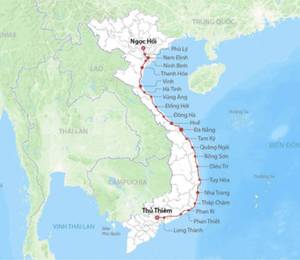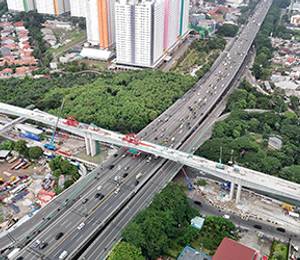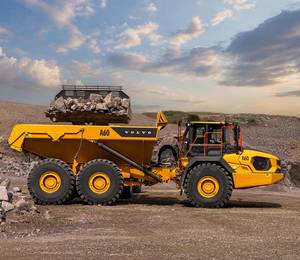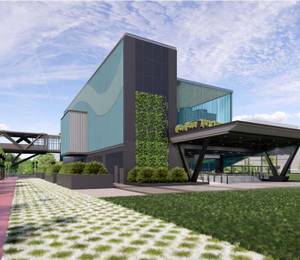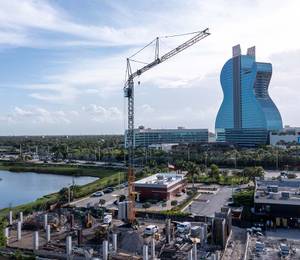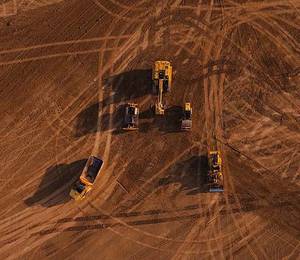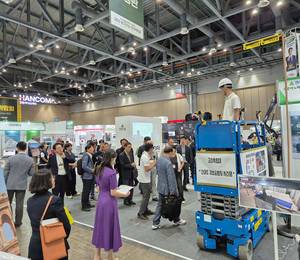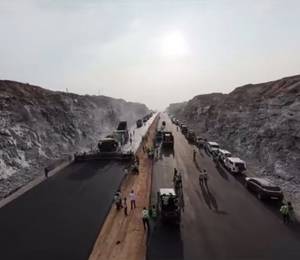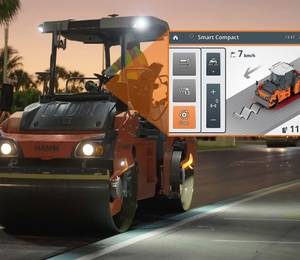Mecalac is revolutionising urban construction sites with its new range of medium-sized electric machines – the 11-t e12 excavator, 1,000-l es1000 swing loader and 6-t ed6 dumper – as well as its on-site high power battery charging solution M-Power.
“In recent years, many construction equipment manufacturers have presented electrical products to limit CO2 emissions. However, these alternatives only provide a very partial answer,” explained Mecalac. “The offer is currently limited to small machines, such as 1.5-t mini-excavators, that mostly only assist larger diesel-powered machines. The need for medium-sized machines on urban construction sites is not yet met.
“With very limited autonomy (mostly between 1.5 and 4 hours), they do not allow a full day of work on site between two battery recharges. Also, companies and operators are used to combustion-powered machines, thus the switch to electric vehicles is not seamless.”
As a result, Mecalac has conducted a major R&D programme that leads to the launch of a complete zero-emission ecosystem for urban worksites. The company’s new electric range allows all earthmoving operations (digging, loading and transporting) to be carried out with emission-free machines on a scale “never before achieved.”
The current market offer of ‘mini’ electric machines cannot perform urban construction jobs on their own, noted Mecalac. The company’s challenge was therefore to be the first manufacturer to develop a full range of medium-sized machines – consisting of the 11-t excavator, 1,000-l swing loader and 6-t dumper – for which no other manufacturer has yet been able to provide a solution.
Mecalac said it has also made a technological breakthrough on the hydraulic distribution system, as well as on the energy management of auxiliary systems (e.g. heating and air conditioning) to drastically reduce energy consumption without compromising autonomy and performance.
The company added that “the way of driving that operators have adopted for decades behind the steering wheels of combustion engine machines is not always compatible with optimising battery performance.
“For example, when the throttle pedal is pressed, all the power of an electric machine is instantaneous, unlike combustion engine machines.” Mecalac has therefore configured the human machine interface so that it reacts in an optimal way to preserve autonomy and guarantee a coherent behaviour.
In addition, M-Power is a mobile high power supply solution with a 300 kWh storage capacity. It replaces ‘traditional’ diesel generators by providing a battery charging solution anywhere.
Mecalac highlighted that this new electric ecosystem is a “game-changer” as it enables a drastic reduction in CO2 emissions on construction sites. The three zero-emission machines working together on the same urban worksite can save an average of 64 t of CO2 that their combustion engine equivalents would have emitted over a year.
Bauma booth: FM.714/1
All images: Mecalac
